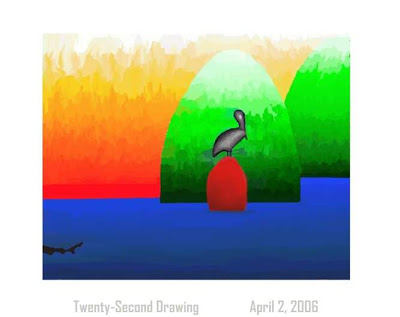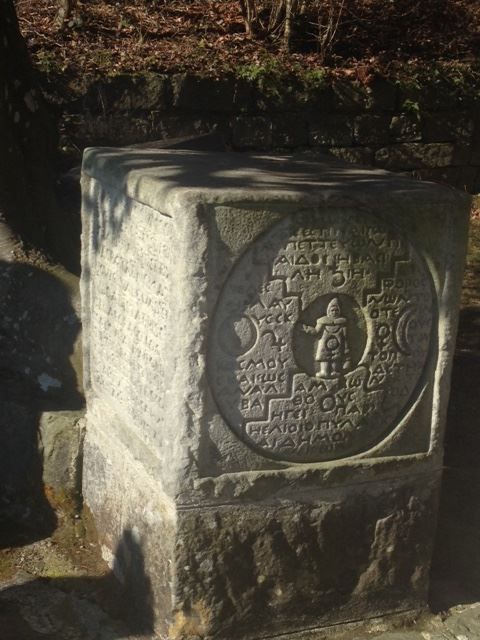Carl Jung, on projection: “The subject gets rid of painful, incompatible contents by projecting them.”
Duccio di Buoninsegna: The Temptation of Christ on the Mountain, 1308−11 Jung defines his concept of projection “Projection means the expulsion of a subjective content into an object; it is the opposite of introjection. Accordingly, it is a process of dissimilation, by which a subjective content becomes alienated from the subject and is, so…




